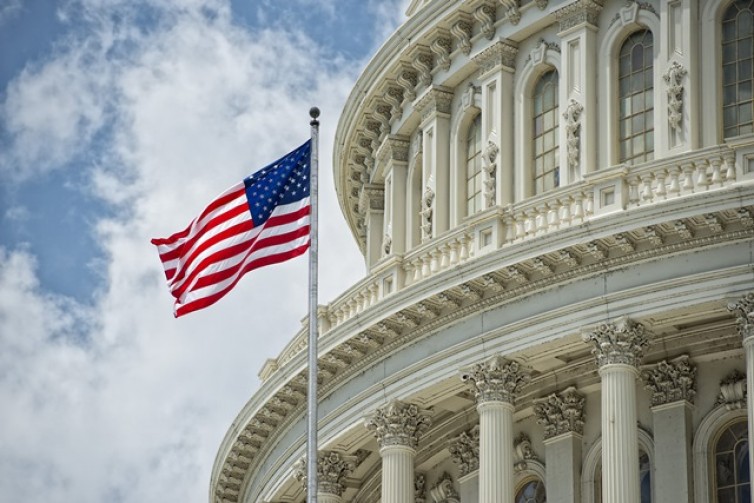

Tribal gaming, as we think of it today, dates back to the 1970s when a number of Indian tribes established bingo operations as a means of raising revenue to fund tribal government operations. At about that same time, a number of state governments were also exploring the potential for increasing state revenues through state-sponsored gaming. By the mid-1980s, a number of states had authorized charitable gaming, and some states were sponsoring state-operated lotteries.
Although government-sponsored gaming was an issue of mutual interest, tribal and state governments soon found themselves at odds over tribal gaming. The debate centered on the issue of whether tribal governments possessed the authority to conduct gaming independently of state regulation. Although many lower courts affirmed the tribal view in early cases, the matter was not finally resolved until 1987 when the U.S. Supreme Court confirmed the inherent authority of tribal governments to establish and regulate gaming operations independent of state regulation, provided that the state in question permits some form of gaming. California v. Cabazon Band of Mission Indians, 480 U.S. 202 (1987).
Congress took up the issue of tribal gaming and conducted a series of hearings, ultimately culminating in the passage of the Indian Gaming Regulatory Act of 1988. Embodied in the Act was a compromise between state and tribal interests. The states were offered a voice in determining the scope and extent of tribal gaming by requiring tribal-state compacts for Class III gaming, but tribal regulatory authority over Class II gaming was preserved in full. The Act further provided for general regulatory oversight at the federal level and created the National Indian Gaming Commission as the primary responsible federal agency.
Enacted in 1988 as Public Law 100-497 and codified at 25 U.S.C. 2701, the Indian Gaming Regulatory Act established the jurisdictional framework that presently governs Indian gaming. The Act established three classes of gaming with a different regulatory scheme for each. Class I gaming is defined as traditional Indian gaming and social gaming for minimum prizes. Regulatory authority over Class I gaming is vested in tribal governments.
Class II gaming is defined as the game of chance commonly known as bingo (which may include the use of electronic, computer, or other technological aids) and if played in the same location as the bingo, pull tabs, punch boards, tip jars, instant bingo, and other games similar to bingo. Class II gaming also includes non-banked card games, that is, games that are played exclusively against other players rather than the house or a player acting as a bank. The Act specifically excludes slot machines or electronic facsimiles of any game of chance from the definition of Class II games. The Tribes possess the authority to conduct, license, and regulate Class II gaming, so long as the state in which the tribe is located permits such gaming for any purpose and the tribal government adopts a gaming ordinance approved by the Commission. Tribal governments are the primary regulator for Class II gaming.
The definition of Class III gaming is extremely broad. It includes all forms of gaming that are neither Class I nor Class II. Games commonly played in casinos, such as slot machines, blackjack, craps, and roulette, would clearly fall in the Class III category, as well as electronic facsimiles of any game of chance. Before any tribe may lawfully conduct Class III gaming, the following conditions must be met. First, the particular form of Class III gaming the tribe wants to conduct must be permitted in the state in which the tribe is located. Second, the tribe and the state must have negotiated a compact that has been approved by the Secretary of the Interior, or the Secretary must have approved regulatory procedures; and third, the tribe must have adopted a tribal gaming ordinance that has been approved by the Chair of the NIGC.
The regulatory scheme for Class III gaming is more complex than a casual reading of the statute may suggest. Only tribal gaming is regulated to such an extent; non-tribal gaming is only regulated by state authorities.